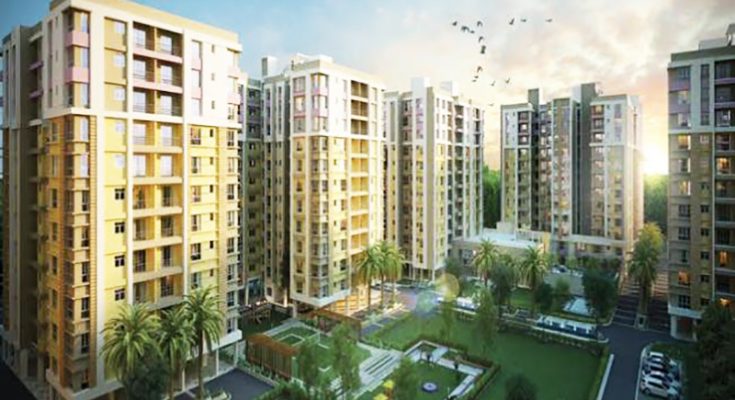IBNS/Modern living values automation and self-reliance, where smart devices and appliances often control and regulate our lives. This phenomenon has an innovative capability that has found its way into homes with smart lights, motion sensors, and energy-efficient appliances being used at every stage. Since these devices have independently made our life easier and energy consumption more efficient, the ability for an entire home to sustain itself is also a real possibility.
In fact, energy-efficient homes have become a pressing need. Be it homes or industries, they are most powered using non-renewable energy sources such as coal, oil, etc. The reliance on non-renewable energy sources causes an increase in the carbon emission levels leading to climate change and its varied impacts. Therefore, investing in smarter and greener housing solutions has become imperative. Let us look at the reasons why a net-zero energy house can pave the way towards eco-conscious living.
What is a Net Zero Energy House?
A net-zero energy house is one that is designed and built to consume the least amount of energy for cooling and lighting from external sources, uses energy-efficient devices, and the entire energy demand requirement is met using renewable sources of energy such as solar, wind, etc. On the other hand, a conventional home relies on electricity from the grid generated using toxic fossil fuels such as coal, oil, etc.
As the Net-Zero energy house is designed for the “least possible dependence on external cooling and lighting” requirements, it reduces the overall energy requirement as compared to a conventional house. Also, this reduced energy requirement s compared to a conventional home is fulfilled using renewable sources of energy such as solar, wind, etc. either generated onsite or from grid-based renewable energy.
Factors That Make a Net Zero Energy House Suited for an Advanced Lifestyle
While conventional homes are the standard of comfort living, lifestyles in the recent decade have drastically changed. Most lifestyle decisions are preceded by anticipating the future ramifications that may follow. This applies to investments like housing as they are significant life decisions for many. That is also why one should consider the choice of going for a smart, net-zero energy house as it benefits a lot eventually. The modern living must exist in tandem with care for the environment, which is why a net-zero energy house can also become the standard. Therefore, let us look at the factors that make a net-zero energy house suited for an advanced lifestyle:
• Onsite Renewable Energy Generation: As stated earlier, net-zero energy houses are powered using renewable energy sources such as solar, wind, etc. that are generated onsite (and remaining (if any) is met through grid powered renewable energy). As the house depends on renewable sources of energy and not limited resources such as coal, oil, etc. to power itself, it reduces the harmful effects on the environment and related risks too.
• Smart Appliances, and Tech: Motion sensor-enabled thermostats, smart LED lights, 5-star rated appliances, and High solar reflective glass helps keep the home cool, and energy-efficient. As it consumes less energy for cooling and lighting, it provides a great opportunity to earn savings, as you consume less.
• Lower Carbon Footprint: Since a net-zero energy house is built using sustainable and energy-efficient materials that help reduce the carbon levels in the atmosphere, it has a much lower carbon footprint than conventional homes.
Mahindra Eden Features
Mahindra Eden in Bangalore stands as India’s first Net-Zero Energy Residential Development that is powered using onsite renewable sources of energy and the remaining power requirement from grid-powered from a renewable source. It is a testament to Mahindra Lifespace’s commitment to a greener tomorrow. These Net-zero energy homes are a great investment for those who seek to go for housing solutions that can pave the way for a healthier and cleaner planet and enjoy savings in the process.





